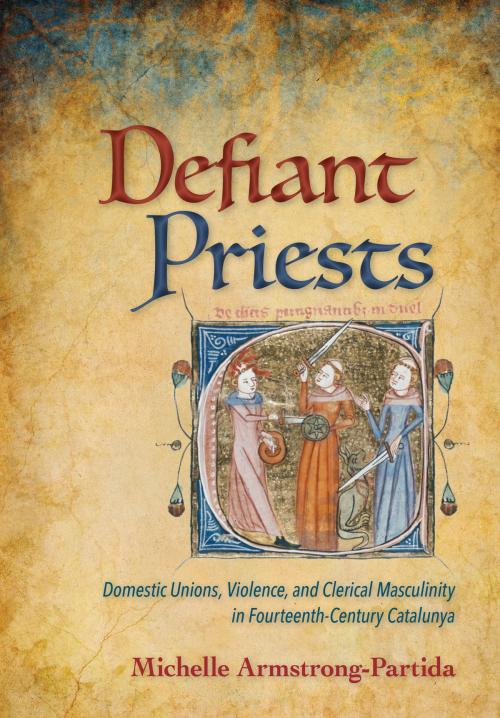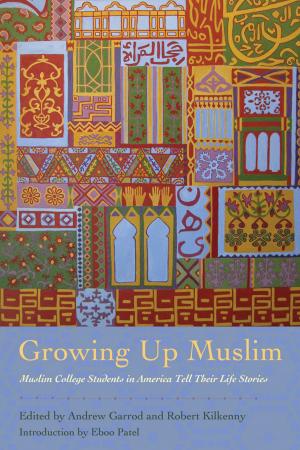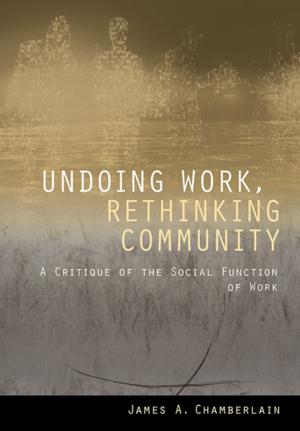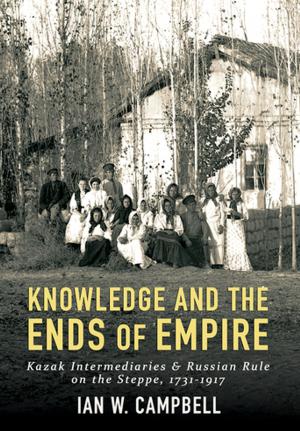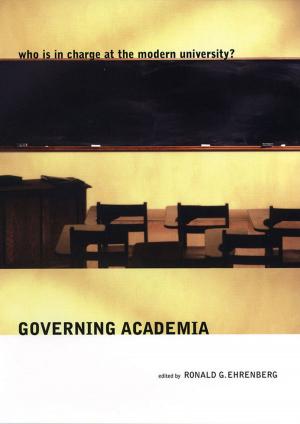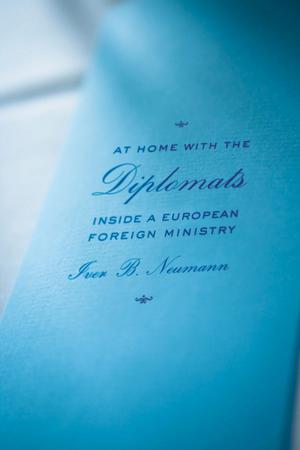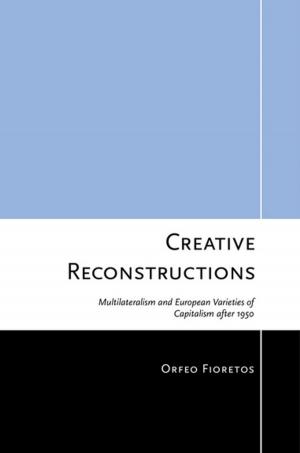Defiant Priests
Domestic Unions, Violence, and Clerical Masculinity in Fourteenth-Century Catalunya
Nonfiction, History, Medieval, Religion & Spirituality, Christianity, Church| Author: | Michelle Armstrong-Partida | ISBN: | 9781501707810 |
| Publisher: | Cornell University Press | Publication: | June 6, 2017 |
| Imprint: | Cornell University Press | Language: | English |
| Author: | Michelle Armstrong-Partida |
| ISBN: | 9781501707810 |
| Publisher: | Cornell University Press |
| Publication: | June 6, 2017 |
| Imprint: | Cornell University Press |
| Language: | English |
Two hundred years after canon law prohibited clerical marriage, parish priests in the late medieval period continued to form unions with women that were marriage all but in name. In Defiant Priests, Michelle Armstrong-Partida uses evidence from extraordinary archives in four Catalan dioceses to show that maintaining a family with a domestic partner was not only a custom entrenched in Catalan clerical culture but also an essential component of priestly masculine identity, one that extended to the carrying of weapons and use of violence to resolve disputes and seek revenge, to intimidate other men, and to maintain their status and authority in the community.
From unpublished episcopal visitation records and internal diocesan documents (including notarial registers, bishops' letters, dispensations for illegitimate birth, and episcopal court records), Armstrong-Partida reconstructs the personal lives and careers of Catalan parish priests to better understand the professional identity and masculinity of churchmen who made up the proletariat of the largest institution across Europe. These untapped sources reveal the extent to which parish clergy were embedded in their communities, particularly their kinship ties to villagers and their often contentious interactions with male parishioners and clerical colleagues. Defiant Priests highlights a clerical culture that embraced violence and illuminates how the parish church could become a battleground in which rivalries among clerics took place and young clerics learned from senior clergymen to meld the lay masculine ideals that were a part of their everyday culture with the privilege and authority of their profession.
Two hundred years after canon law prohibited clerical marriage, parish priests in the late medieval period continued to form unions with women that were marriage all but in name. In Defiant Priests, Michelle Armstrong-Partida uses evidence from extraordinary archives in four Catalan dioceses to show that maintaining a family with a domestic partner was not only a custom entrenched in Catalan clerical culture but also an essential component of priestly masculine identity, one that extended to the carrying of weapons and use of violence to resolve disputes and seek revenge, to intimidate other men, and to maintain their status and authority in the community.
From unpublished episcopal visitation records and internal diocesan documents (including notarial registers, bishops' letters, dispensations for illegitimate birth, and episcopal court records), Armstrong-Partida reconstructs the personal lives and careers of Catalan parish priests to better understand the professional identity and masculinity of churchmen who made up the proletariat of the largest institution across Europe. These untapped sources reveal the extent to which parish clergy were embedded in their communities, particularly their kinship ties to villagers and their often contentious interactions with male parishioners and clerical colleagues. Defiant Priests highlights a clerical culture that embraced violence and illuminates how the parish church could become a battleground in which rivalries among clerics took place and young clerics learned from senior clergymen to meld the lay masculine ideals that were a part of their everyday culture with the privilege and authority of their profession.
